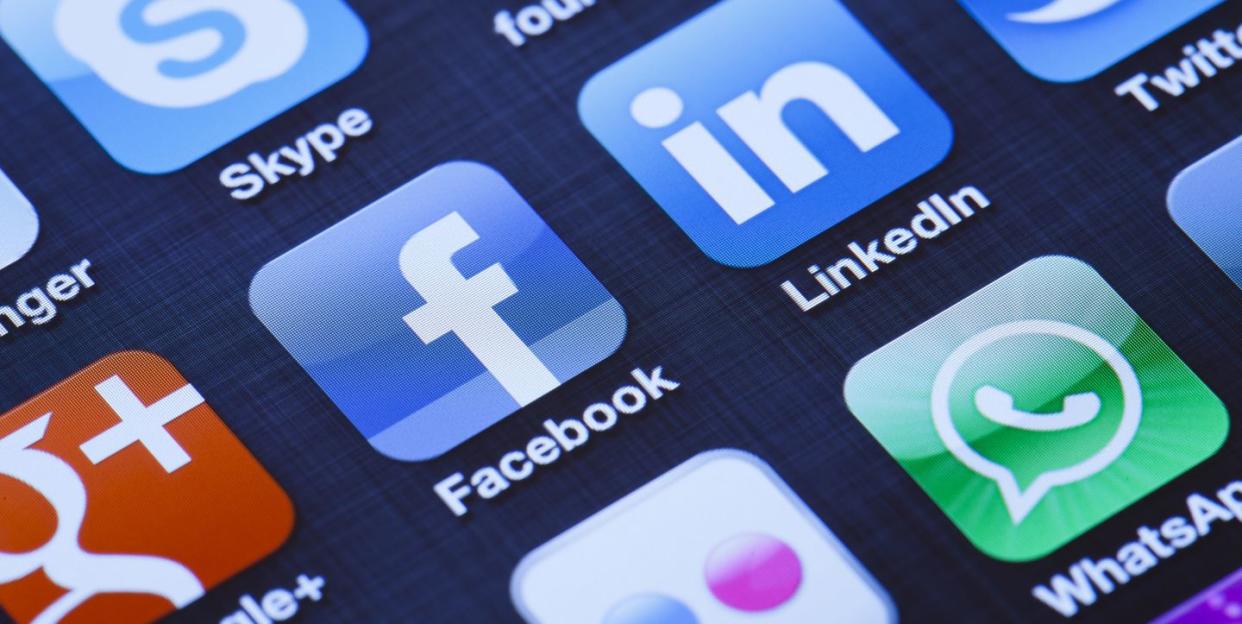If You‘re Looking to Reduce Anxiety, Start By Limiting Your Facebook Usage

According to a recent study, decreasing the amount of time you spend on Facebook—and other social media websites—can improve your mental and physical health.
Reducing your screen time by even 20 minutes per day can lead higher levels of physical activity and fewer symptoms of depression and anxiety.
It’s hard for many people to imagine not logging onto Facebook at least once a day—especially now during a period of heightened global stress. But is it really making us feel more closer together as we practice social distancing? Probably not, recent research suggests. It may even be increasing anxiety for many people.
For the study, published in the journal Computers in Human Behavior, the research team recruited 286 people, all of whom reported spending at least 25 minutes per day on Facebook—although the average usage time was an hour or more. Half the participants were divided into a control group, which used the site as usual, and the other half were asked to reduce their usage by 20 minutes per day for two weeks.
The study noted that the reduced-usage group developed healthier behavior after just two weeks, including spending more time being physically active and less time smoking. They also showed fewer symptoms of depression and higher levels of life satisfaction compared to the control group. These effects continued for three months after the experiment’s end, and potentially beyond.
“The takeaway here is that less time spent on Facebook leads to more well-being and a healthier lifestyle,” lead study author Julia Brailovskaia, Ph.D., who works at the Mental Health Research and Treatment Center at Ruhr-University Bochum in Germany, told Runner’s World. That’s not specific to Facebook, either, she added.
“Less online time contributes to more physical activity in general, and that’s important for our health,” she said. “And it reduces smoking behavior. In general, it’s vital to reduce time on the ‘brave new online world’ and to spend more time offline.”
Although the study was done before the current COVID-19 pandemic, Brailovskaia believes the results are the same amid the global spread of the virus. In fact, she suggests that finding time for temporary digital detox periods is now more crucial than ever.
“As usage time increases during the pandemic, this may negatively impact wellbeing,” she said. “Reading all the negative information online and on Facebook fosters anxiety, panic, and stress symptoms. And it increases addictive tendencies since you’re continuously checking your feed and feeling uncomfortable when you may not be online.”
[Find 52 weeks of tips and motivation, with space to fill in your mileage and favorite routes, with the Bicycling Training Journal.]
Feeling informed is not the same as feeling connected, she emphasized. She recommends reducing time on social platforms like Facebook, particularly if you walk away from it feeling stressed or anxious.
“When you feel lonely, take out your phone and call a friend,” she suggested. “There’s a lot to be said for talking to only one person at once and hearing someone’s voice.”
You Might Also Like
